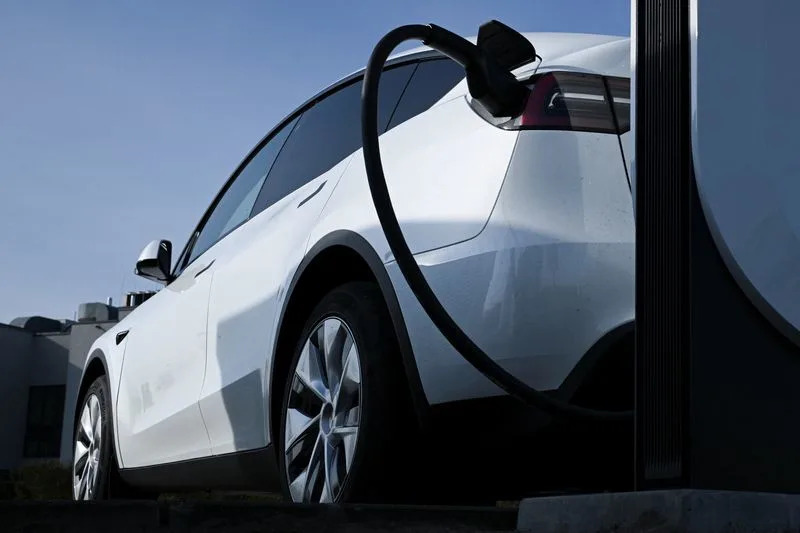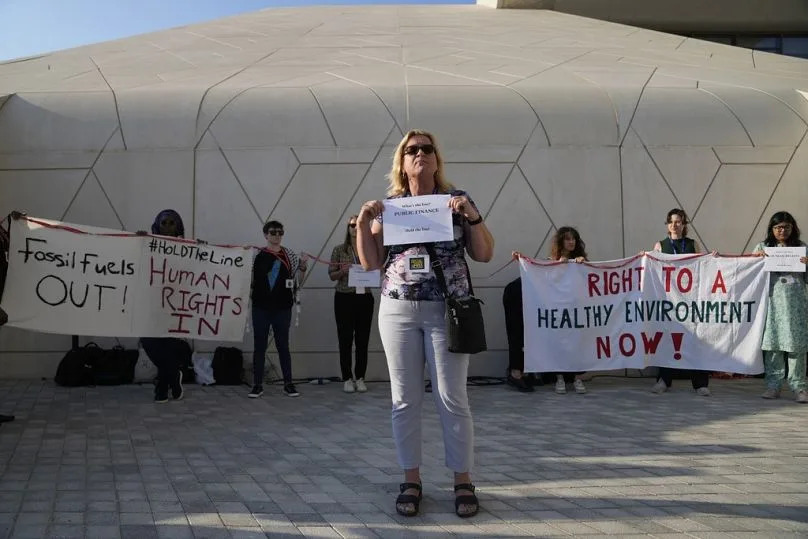CANADA
Court rules use of Emergencies Act against convoy protests were heavy handed, gov’t plans to appeal
Local Journalism Initiative
Fri, May 10, 2024
OTTAWA — January 23, 2024 A federal judge has deemed the government's application of the Emergencies Act to disperse convoy protests in early 2022 as excessive, citing an infringement on protesters' Charter rights. Federal Court Justice Richard Mosley expressed that, while the protests revealed an unacceptable breakdown of public order, the government's use of the Emergencies Act lacked the qualities of reasonableness, such as justification, transparency, and intelligibility. Mosley emphasized that there was no national emergency justifying the act's invocation.
The case, argued by the Canadian Civil Liberties Association, the Canadian Constitution Foundation, and individuals with frozen bank accounts, contended that Ottawa did not meet the legal threshold for employing the unprecedented legislation. The government intends to appeal the decision.
The Emergencies Act was invoked by Prime Minister Justin Trudeau's government on February 14, 2022, in response to prolonged protests in Ottawa and blockades at border points. The act granted law enforcement significant powers to remove and arrest protesters, freeze finances, and commandeer tow trucks. Mosley's ruling scrutinized the economic orders, stating they infringed on protesters' freedom of expression and violated Charter rights by allowing unreasonable search and seizure of financial information.
The judge acknowledged the potential for serious violence but asserted that it did not meet the Act's requirements, particularly as the situation at Coutts had been resolved without violence. The government argued that the measures were targeted, proportional, and temporary, emphasizing the threat to national security.
Holden Rhodes who owns the Killarney Mountain Lodge and Manitoulin Brewing Company donated $25,000 to the protest against the COVID-19 vaccine measures despite having received government subsidies for his businesses. He spoke with The Expositor about Justice Mosley’s decision saying: “I think Federal Court Justice Richard Mosley considered the evidence before him and provided a well reasoned decision concluding, among other items, that there was no national emergency and that the federal government's decision to declare one was unreasonable and a violation of the Emergencies Act. The Emergencies Act was renamed in 1988, replacing much of what was previously known as the War Measures Act. The Emergencies Act is an act of last resort and, prior to February 14, 2022, had not been invoked since its enactment in 1988. Before that, the War Measures Act was only invoked three times since its enactment in 1914 being; the First World War, the Second World War and the October 1970 FLQ crisis.’
Conservative Leader Pierre Poilievre swiftly criticized both the government and Prime Minister Trudeau personally, asserting, "He instigated the crisis by fostering division." Poilievre expressed on social media platform X, "He then violated Charter rights to suppress citizens illegally. As Prime Minister, I pledge to unify our country for the cause of freedom."
NDP Leader Jagmeet Singh reluctantly acknowledged his party's support for the Emergencies Act's invocation, attributing the crisis to a direct failure of Justin Trudeau's leadership and the inaction of other levels of government. Speaking at a caucus meeting in Edmonton, Singh stated that his party will closely monitor the appeal proceedings.
Mr. Rhodes went on to say that he thinks “the seriousness of this legislation being one of absolute last resort; the rarity of the Emergencies Act being invoked (two world wars and then by a father (1970) and son (2022)); it was revoked by the federal government 9 days after it was invoked (Feb 14-23, 2022) as there wasn't support for it in the Senate; and the overwhelmingly peaceful behaviour of the protesters involved in an isolated geographic area where protests typically occur.”
Despite the government's claim of necessity, Mosley's decision sets a precedent, emphasizing that emergency powers should be used sparingly and carefully. The government's plan to appeal sets the stage for a potential legal battle, possibly reaching the Supreme Court of Canada. The decision contrasts with the Rouleau commission's findings, which concluded that the Emergencies Act was appropriately invoked, citing a failure in policing and federalism during the protests.
Jacqueline St. Pierre, Local Journalism Initiative Reporter, The Manitoulin Expositor











